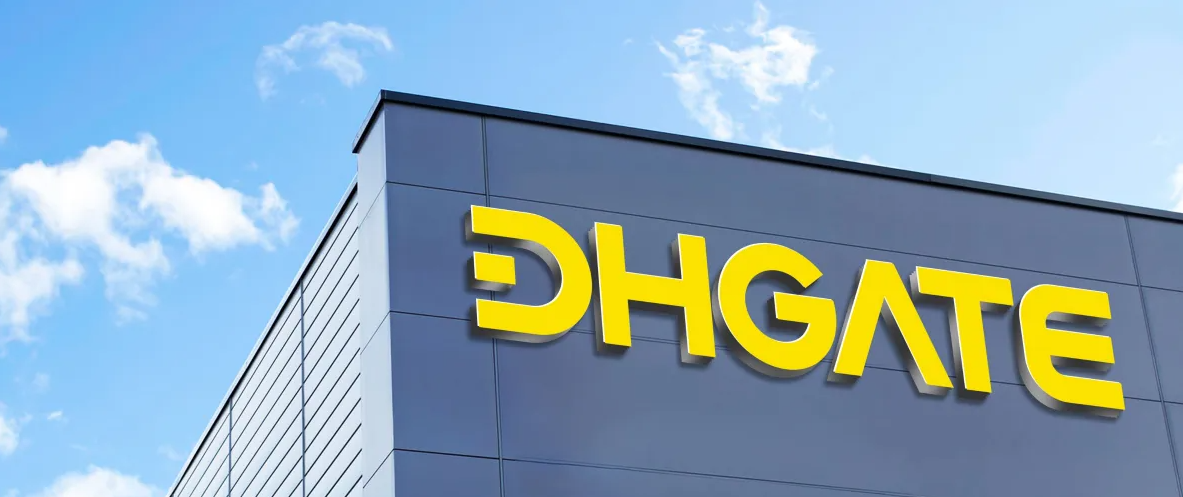
[ad_1]
Microsoft last week announced the upcoming availability of Microsoft 365 Copilot, and it looks to be a huge game-changer.
At the enterprise level, it will help you find anything you need inside or outside the company, and it will eventually come to learn things about you and your company that will allow it to do much of your email, typing, presentation preparation, and make you look better in front of your boss and peers. It is in an early stage, though, and just a shadow of what it will evolve into.
Let’s explore how Microsoft 365 Copilot will likely mature as Apple, Google, and others work furiously to match or try to exceed it.
We’ll close with my Product of the Week, a new Dell Latitude 9440 2-in-1 that is built like a tank and has a day’s worth of battery life.
$30 for Your Own AI
The thing that seems to have people worked up about this announcement is that it will cost you or your company $30 a month per user to get this feature. The reason people are riled up is that Microsoft does not do market prep for pricing actions. So, the perception of what an AI is worth — unless you have been pricing the more limited versions, which tend to be more expensive — is that the price is too much.
How much should your own personal AI be worth?
The studies I have seen suggest that once you learn how to use generative AI and it learns how to work with you, the productivity gains range from 30% to 80%, which means you either work a lot less or get a lot more done in a given amount of time.
For a company, that should be an easy decision. IT folks tend to be leery of productivity promises because so many have proven false. But this aggressive claim came from a Wharton Professor who did the work to estimate the benefits, not from Microsoft.
Let’s say you make $60,000 per year. A 30% productivity increase should be worth $20,000 a year, which is much more than $30 a month, and an 80% gain would be worth around $48,000 or $2,000 a month.
You get to the higher range by using the AI more and learning how to use it better. The potential for this tool in terms of value, particularly as it evolves, could end up being multiples of your salary, not just a percentage of it, as the AI learns to do more of the repetitive work or begins executing your ideas more efficiently and accurately.
I have no idea why Microsoft does not make an effort to put the price into perspective, but this is one heck of a value. The only reason I have not bought Copilot is that it will not be released until later this year.
The Future of Microsoft 365 Copilot
I expect this tool to evolve into a genuine AI-driven digital assistant, and I hope that Microsoft revisits the Cortana concept but does it right this time with the full avatar. When backed by generative AI, it’ll do what Clippy should have done (I liked F1 better) and become a true assistant.
Imagine having a digital helper to book your travel, monitor your accounts, provide you with background on the people who call, text, or write to you, and step in front of phishing attacks and screen your calls. It can provide you with better alerts on news or events that interest you from all over the world or just help you write stuff so you can still be funny but not end your career with the wrong joke.
As Microsoft Copilot evolves, it will increasingly help you with repetitive and boring tasks, be able to attend meetings on your behalf, and share information that is authorized in your stead. It will be able to suggest just the proper comeback to a challenge or snide remark and help you deal with people that have hard-to-understand accents or speak in different languages.
In short, it will be like having a personal aid that has the knowledge of your company, the internet, and you to create an improving synergy between you and the AI that should exceed the power of the sum of the parts.
All the microprocessor vendors are building dedicated AI capabilities into their next generation of processors that should result in ever more capable AI functions. Microsoft is working to ensure that 365 Copilot makes use of this technology. By next year, we should see a significant boost in AI performance, making that 30% to 80% benefit obsolete as the gains get even higher.
Wrapping Up
Generative AI is here to stay, and Microsoft is one of the most prolific AI companies. It brought AI to Bing and is taking it to the enterprise with advanced offerings that protect the firm’s information while enabling employees to have an ever more competent AI assistant.
Sadly, Microsoft is not executing like it once did to build demand and ensure influencers are trained and positive. This will slow adoption but give us time to learn these new tools before we, too, become obsolete.
Remember how you needed to know Office to get many entry-level jobs? It’s only a matter of time before that requirement includes the various AI products Microsoft and others are bringing to market. I recommend learning to use these tools as soon as possible so you do not become obsolete.
In the end, if you had asked me at the launch of Windows 95 whether we would have our own AI a few decades later for just $30 a month, I would have said you were crazy. Last week, it became much less crazy as Microsoft 365 Copilot advances to market. It is due out before year’s end.

Dell Latitude 9440 2-in-1
Like most 2-in-1s, the Dell Latitude 9440 2-in-1 laptop is around one pound heavier than many of the other laptops in its size class. But that extra weight gives it a feeling of robustness that lighter laptops can’t match.
At $2,369, it is one of the more expensive products in its category. Yet, its solid build quality should allow it to hold up well if you pound on your laptop a lot like I do.
You can get it with a WAN interface if you want to experience being connected through the cell phone network (a free upgrade that also comes with a fingerprint reader), and it has the latest Wi-Fi 6E for additional wireless connectivity. Plus, this is a typical 2-in-1 that you can tent for presentations to share with others across a table or watch videos when flying coach.

Latitude 9440 2-in-1 Laptop (Image Credit: Dell)
Dell has significantly improved its product presentation, impressively showcased by its boxing approach for this laptop. The Latitude 9440 2-in-1 arrives in a black box that is not only environmentally friendly but also darn nice looking.
The laptop is light on ports, but few of us use many accessories on our laptops. Plus, many business monitors can power the computer and provide extra ports, so we no longer need a ton of ports on a laptop. The 9440 does support Intel’s Thunderbolt 4 standard with its three USB-C ports, so there is plenty of expansion capability with almost any Thunderbolt dock.
It can be connected to two networks at once, which allows for better wireless performance, and the display is nice with 513 nits which should work adequately outdoors — most notebooks in this class have closer to 300 nits. Third-party tests indicate that the colors are impressively accurate for any PC, let alone a laptop.
Battery life is around eleven practical hours, so you should be able to leave your power supply in your computer bag or at home and charge it at night if you do not want to deal with finding a plug for it.
Overall, the Dell Latitude 9440 2-in-1 laptop is impressive and my Product of the Week.
[ad_2]
Source link







